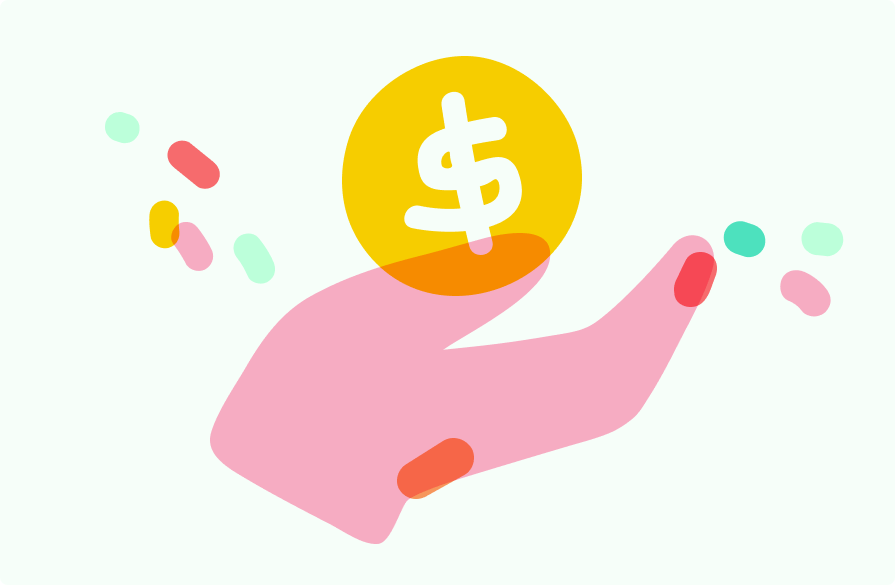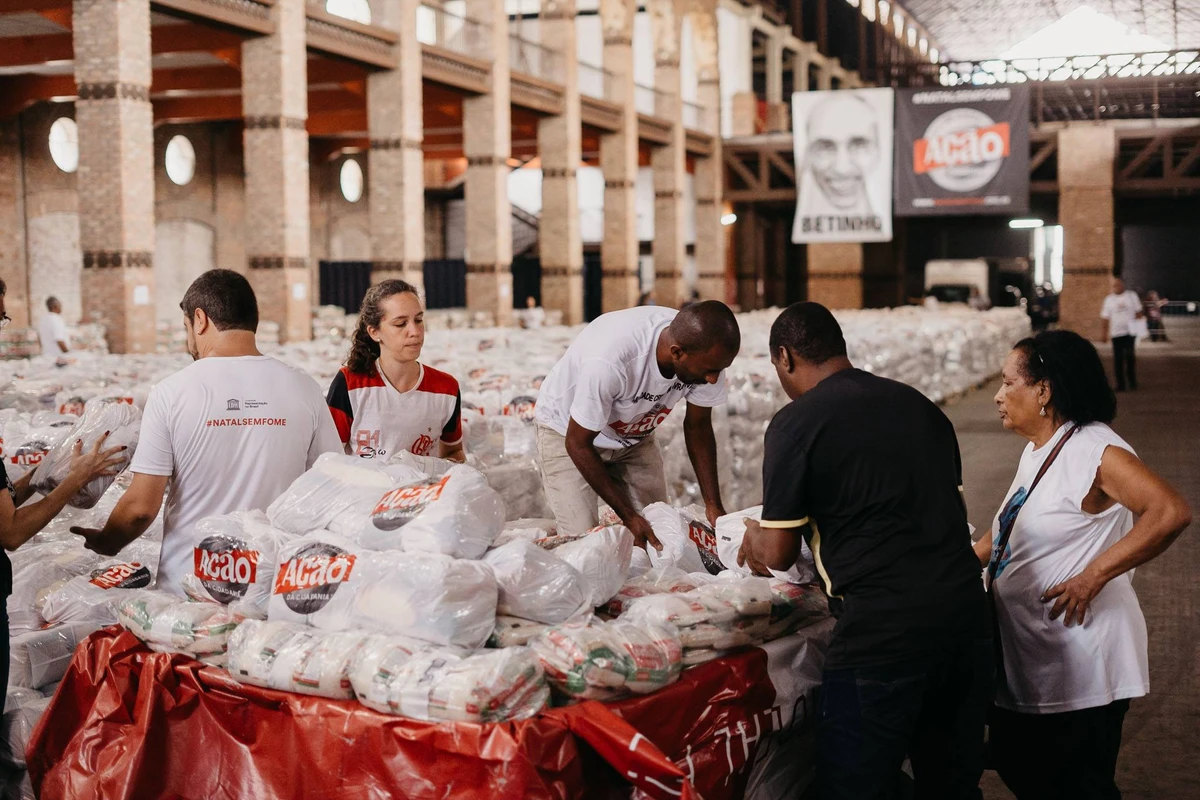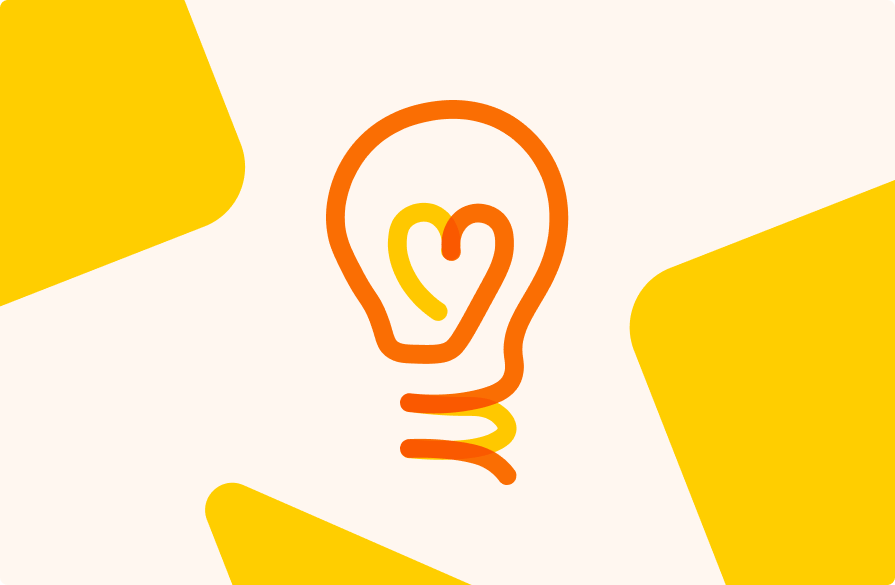Each year, private donations account for more than 70% of the nearly 1.8 trillion US dollars spent on social programs. It’s three times as much as the global total for advertising, both traditional and digital, and we know that the money raised through donations won’t be enough to achieve the Sustainable Development Goals (SDGs) set by the United Nations.
With Ribon’s emergence comes a new way to approach this issue! Ribon integrates charitable giving into people’s daily digital routines, it’s built around a promoted system that enables anyone to give with just a few clicks. The platform can enhance funding for social initiatives and promote a cultural environment of giving.
What makes Ribon unique is the protocol, which allows users to increase the amount of his gift and encourages a culture of giving.
A promoter is anyone who makes one-time or ongoing donations to Ribon’s donation pool, with any token. The donations are converted to USDC (with a charged fee), and integration users; the number of ribon tokens given varies depending on the gift. Selected charities can withdraw funds from users’ wallets in exchange for USDC received as donations from integration users. Some integration users raise new funds and act as promoters. The Ribon procedure determines how much each promoter’s contribution will go up based on how much others give.
The Ribon’s Free Donation
Integration users (free users) gather and contribute ribons to charities during the free donation period. Since promoters support their donations, they are occasionally referred to as “free users.” Additionally, individuals are always free to donate tokens directly from their own wallets to every charity on the network using a donation voucher. Some of them go on to work as promoters.
An Example of a Free Donation
A 25-year-old woman named Ana works as a designer for a computer company. She gave a tray of food to one person with three touches on the screen, forty-five seconds, and $0 in her pocket. She also gives through the Ribon app, which lets her get gift cards for simple things like reading positive news and telling her friends to do the same.
The Ribon’s Paid Donation (Becoming a Promoter)
A free user donates directly or becomes a promoter by putting money into the donation pool (new user donation). Also, all the promoters who supported Ribon project for this user in a month are thought to have influenced this donation. The charity doesn’t have to get a certain number of ribons before it can withdraw USDC. The protocol gives out ribons in proportion to the number of integrations that can be done. Users can always donate directly from their own money to any donation on the channel without paying fees. A few of them began to promote them as well.
Who are the Promoters
“Ribon promoters” are donors who encourage a culture of giving and want to help make the world a better place. They see their initial donation expand and help more needy individuals by encouraging others to donate. There is a plan to change the initial token into a stable coin so that donations can be performed using whatever token is used as a donation voucher (USDC). But as a promoter, you can raise money for charity, promote a culture of giving around the world, and make people feel better.
Why Become a Promoter, and What Are Its Advantage Over Simple Donation on an NGO
There are benefits to being a promoter rather than an free user. When a community member (Ribon) successfully refers a new gift from a promoter to the donation platform, they are rewarded with Ribon tokens. Furthermore, Ribon token charge is collected when a gift is made and allocated as follows: If the promoter’s donation is not linked to via integration, the promoter receives 50 percent of the Ribon token fee, and the remaining 50 percent is paid to the community fund. Also, if an integration suggests that the promoter make a donation, the integration will get half of the Ribon token fee.
The Importance of Culture of Giving
A culture of giving is one in which giving back to the community and participating in it are deeply ingrained behaviors, expectations, and ways of life. In a culture of giving, there are many ways to get involved, make connections, and build a network to help our shared community life. Fostering a culture of giving on the Ribon platform is critical because it can attract NGOs not used to trading cryptocurrency and make adoption easier. Customers can provide a child with one day of primary health care or reading lessons.
A Culture of Giving as a Tool to End Extreme Poverty By 2030
The world can be made better and for the greater good through Ribon stimulation. It is anticipated that extreme poverty will be eradicated before 2030. The decentralized network Ribon uses a sponsored approach that enables anyone to donate by completing a few easy steps to integrate giving into people’s daily digital routines. By empowering the community to lead the platform, social projects may raise more money, promote a culture of giving worldwide, and make other people joyful. Frequent donors can turn into promoters on Ribon’s decentralized network, multiplying their initial donation and inspiring more donations from others. With the help of Ribon, promoters may reach more than 80,000 users per month and raise donations by an aggregate of 60 percent. Donations from Ribon’s community have already helped some of the best charities in the world, like the Globe Food Program.
We are evolving into the decentralized donation platform that is expected to become the standard shortly. Ribon has evolved from a centralized firm focused on marketing fit and massive network externalities to a revolutionary and decentralized network in which all players share a common desire to spread charity. Becoming a promoter on Ribon is an easy alternative to personally asking friends and family to join you in donating. Ribon taps into the positive emotions and sense of community that donors feel after making a gift, inspiring others to follow suit. As far as the nonprofit sector is concerned, we see this as a significant shift. Ribon could help the world reach its goal of ending extreme poverty by 2030, make cryptocurrency more popular, and make people’s lives better.


